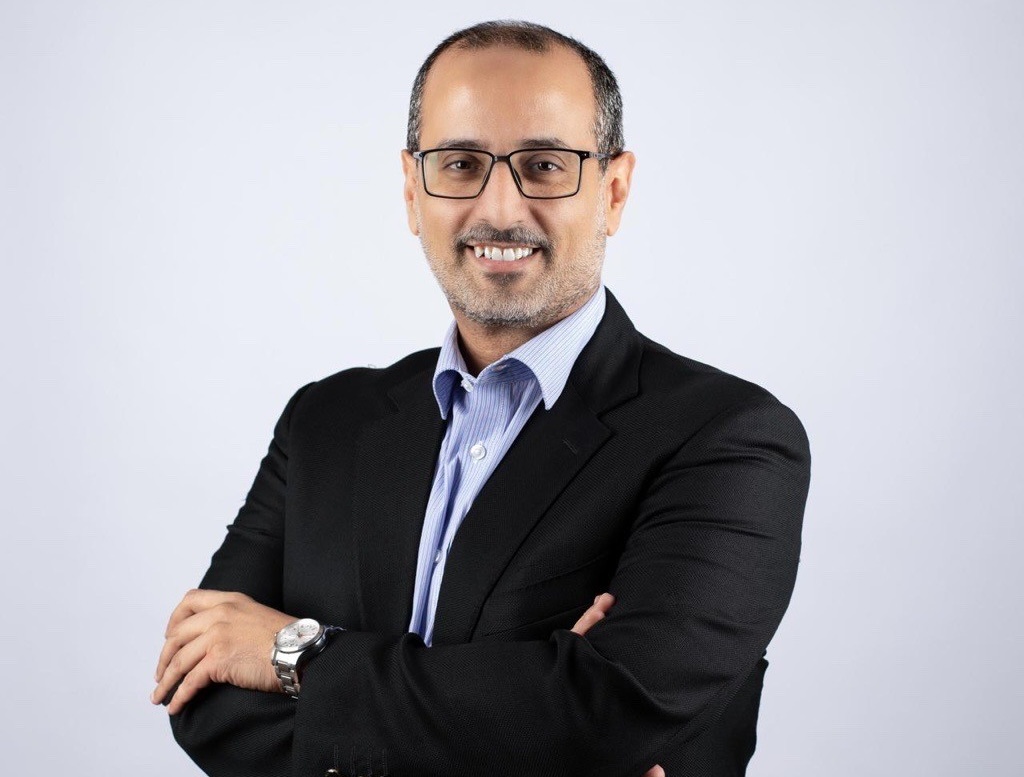RIYADH: As Fourth Milling Co. charts its path forward following a successful initial public offering, the company is positioning itself for significant growth, signaling a new era of industry leadership.
Key to the firm’s plans is expanding production capacity and enhancing operational efficiencies. These efforts aim to strengthen leadership in Saudi Arabia’s milling industry while supporting the Kingdom’s food security needs, a crucial element of the country’s Vision 2030, Khalid Al-Maktary, the company’s CEO told Arab News in an interview.
As one of Saudi Arabia’s leading producers of flour, wheat derivatives, and animal feed, Fourth Milling Co. is helping ensure a stable and reliable supply of essential staples.

Khalid Al-Maktary, CEO of Fourth Milling Co. Supplied
“Our core business focuses on producing high-quality flour and related products for both industrial and consumer segments,” the executive said.
Its flagship brand, FOOM, dominates the local market, holding over 31 percent of the consumer segment by volume, the highest among regional and international competitors.
This strong market position enables the company to serve over 80 percent of the Kingdom’s population efficiently.
Fourth Milling Co. holds a 21 percent share of Saudi Arabia’s overall flour market, making it one of the top players in the industry, Al-Maktary noted.
Its ability to maintain this market dominance is attributed to several factors: its production facilities, efficient distribution network, and strong customer loyalty, the CEO underlined, adding that these strengths were key drivers behind the successful IPO, which saw the company’s shares oversubscribed by 119 times during the institutional book-building process.
“The institutional book-building generated an order book of approximately SR102.2 billion ($27.26 billion),” the CEO said.
The strong demand reflects confidence in Fourth Milling Co.’s role in the growing milling sector and its alignment with Saudi Vision 2030, which emphasizes food security as a national priority. The final offer price of SR5.30 per share gives the company a market capitalization of SR2.86 billion.
Following the IPO, the firm will continue to focus on strategic expansion to meet the rising demand for flour and wheat products. “Post-IPO, our immediate priorities are focused on expanding production capacity, optimizing operational efficiencies, diversifying our product portfolio, and enhancing brand equity,” Al-Mastery said.
By increasing capacity in high-growth regions, Fourth Milling Co. aims to maintain its leadership position and ensure a reliable supply of essential products as demand increases.
As part of its broader five-year growth strategy, the body is investing in product innovation, particularly in the development of value-added products such as functional flours, which cater to the growing demand for health-conscious food options.
The company also plans to diversify its product portfolio, focusing on high-growth areas and meeting shifting consumer preferences. “Fostering innovation through the development of value-added products will be a key focus in the coming years,” the CEO said, recognizing the potential of health-conscious and premium products in the evolving market.
While its current focus remains on Saudi Arabia, the company is eyeing potential expansion into neighboring Gulf Cooperation Council markets, Al-Mastery added.
With a well-established foothold in the domestic market, the firm sees regional expansion as a natural next step. “We are actively exploring opportunities to expand our presence into neighboring GCC markets in the near future,” he said, indicating a broader vision for growth beyond Saudi borders.
The company’s efforts to expand capacity, optimize efficiency, and maintain a strong market presence directly support Saudi Arabia’s food security agenda, which is essential for the nation’s growing population.
“As the Kingdom’s population continues to grow, our focus remains on maintaining high production standards and contributing to long-term food sustainability,” the CEO said.





















